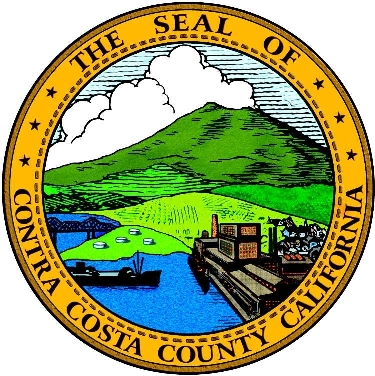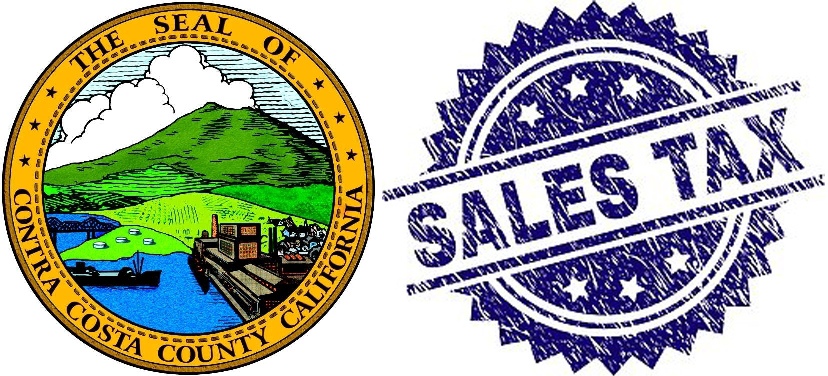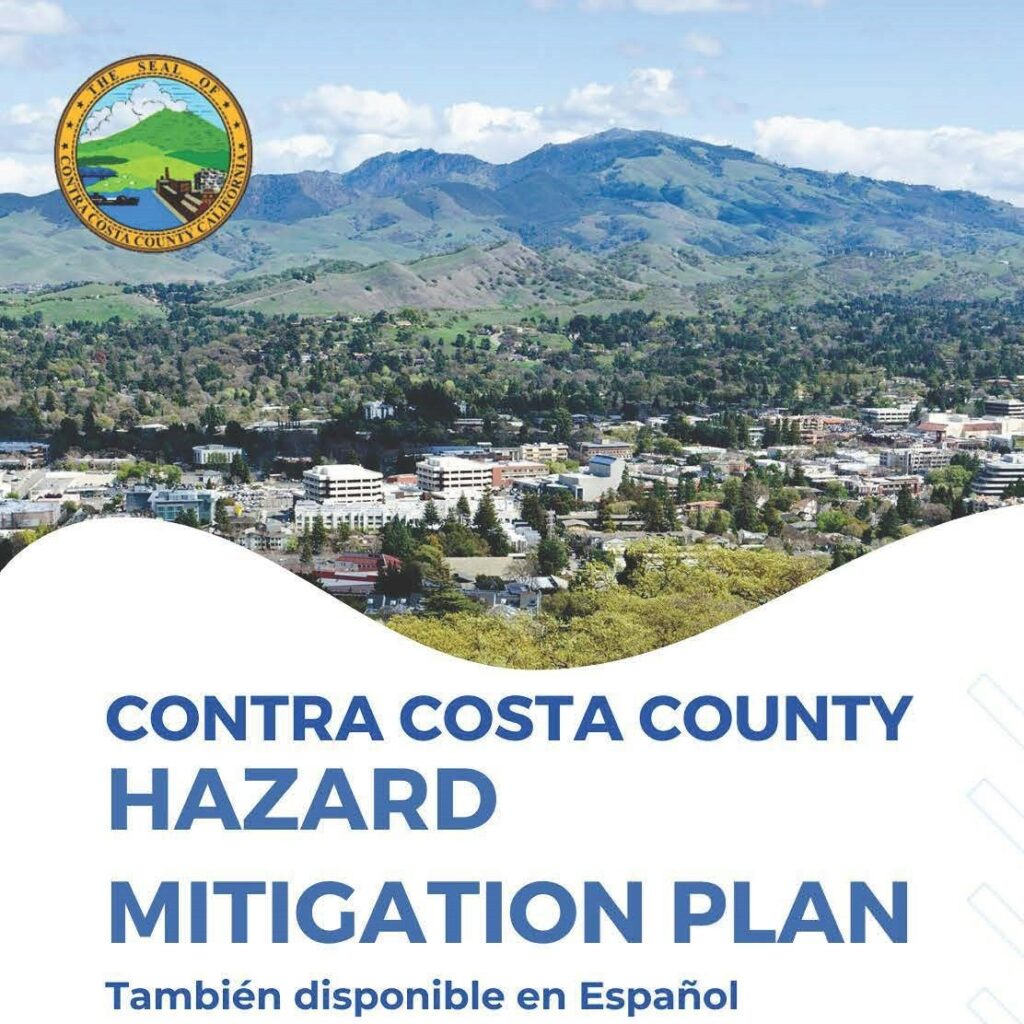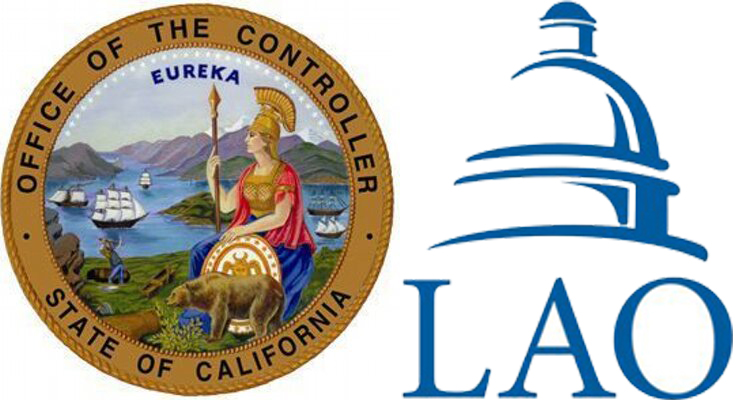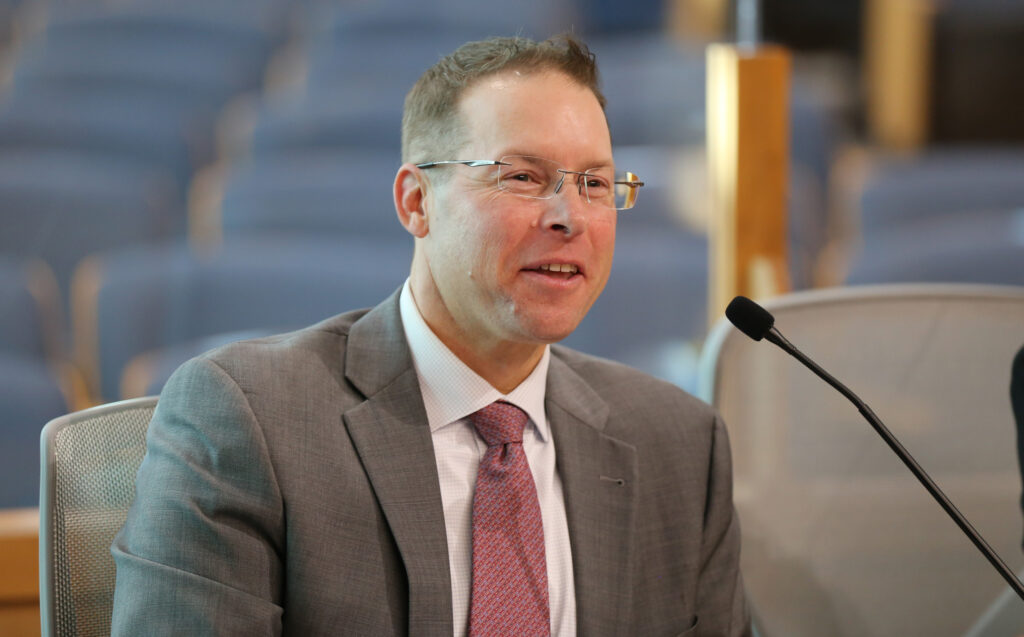Antioch City Council finally conducts nationwide search for city manager
Friday, February 2nd, 2024
Creates new position of Community Engagement Coordinator, plus recruiting new City PIO
Offering new CM $251-$305K per year; woman-owned Illinois-based firm hired for executive search; council majority continues to expand size of city government
Barbanica wants transparent process, says council might need to wait until after Nov. elections
By Allen D. Payton
After over 10 months with an interim city manager and following two closed session meetings by the Antioch City Council to discuss the hiring process, a search began on Tuesday, Jan. 30, to fill the position. A post on the City’s Facebook page on Thursday, Feb. 1 reads, “The City of Antioch has initiated an open recruitment process for the position of City Manager. This is an exciting opportunity to play a key role in guiding the future of our community. Interested candidates can apply at antiochca.gov/city-manager-recruitment.”
This time the council opted to hire a search firm and conduct a nationwide search, unlike in September 2022 when the council majority simply promoted their friend, Con Johnson, from Acting City Manager to the permanent position. But no press release was issued to announce the current hiring process nor inform the public that a search firm was hired to recruit for the position.
The city manager is one of only two positions hired by the city council. Once a new city manager has been hired, then that person can hire for the positions currently filled with other city employees including Acting Assistant City Manager, Acting Police Chief, Acting Community Development Director and Acting Public Works Director.
According to District 3 Councilwoman Lori Ogorchock, who was absent for the meeting, the council made the decision to hire an executive search firm during their closed session meeting on Nov. 14, 2023, under the agenda item entitled, “PUBLIC EMPLOYMENT – Recruitment of City Manager”. But City Attorney Thomas L. Smith merely reported out that night, “Direction was provided to the human resources director and city attorney.” Another closed session meeting was held before the regular council meeting on Jan. 9th in which the “Recruitment of City Manager” was discussed. But again, Smith merely reported out that, “the city council gave direction to the city attorney and human resources director.”
The post on the City’s website shows the position includes an annual salary of $251,328 to $305,460 depending on qualifications, with benefits including: “Cafeteria Plan (City of Antioch pays 100% of Kaiser rate, up to family tier), Retirement: CalPERS Classic Members 2.7% @ 55, New PEPRA Members 2% @ 62, 457 Deferred Compensation: 5% of Base Salary (Executive Management), Life Insurance: 2X The employee’s base salary (max of $250,000) and a $450 monthly car allowance.
All applications must include a cover letter, resume, and five professional references (who will not be contacted without prior notice). For questions, call Ryan Cotton 847-380-3240, Ext 114. Applications are confidential until permission is given and the application deadline is February 28, 2024.”
Questions for City Staff, Council
Questions were emailed Friday afternoon to Antioch Human Resources Director Ana Cortez, Acting City Manager Kwame Reed, City Attorney Smith, as well as the mayor and council members asking if an executive search firm was hired to assist in the effort, and if so, who it is. They were also asked if multiple firms were interviewed before selecting one and if so, why wasn’t it done in open session of the council. Finally, they were asked how much the firm is being paid for their work.
Barbanica Told Search Firm He Wants Transparency
District 2 Councilman Mike Barbanica said he had requested during a council meeting last fall that all the recruiting process for the city manager be done in open session. But that did not occur.
“I also want an interview with the public being able to view it and the public being involved, some way because I want the transparency,” he stated.
Asked if the council should wait until after the November election to hire a new city manager Barbanica said, “If we get close to the time of the election, then my stance would most likely be to wait for a new council. But we’re 10 months away. It just depends how long this process takes. If it takes an extended period of time, then the new council should make the decision. But if it takes a few months, then yes, the current council should make the decision. We don’t want to go through it twice plus, pay a severance which would be expensive. It really depends on how quickly we get a list of qualified candidates.”
“I told the recruiting firm, what I’m looking for is transparency to council members, but to the public, too,” Barbanica continued. “I’m looking for someone who is a strong leader, someone who has experience and is not afraid to make tough decisions. That’s what I’m looking for in a city manager.”
“I don’t want to see the new administration coming in stonewalling the council members and stonewalling the press. The public has a right to know what is occurring in the city,” he stated. “Everything is a secret in this city and that’s what I’ve been banging my head against the wall about. It’s ridiculous.”
“We need very open dialogue between the staff, between the council, between the mayor and the public. That’s what I’m looking for in this position. If that’s not what they’re going to do coming into this position they won’t have my support,” Barbanica added.
Woman-Owned Illinois Search Firm Hired
Both Reed and Barbanica shared that the firm hired for the search is GovHR USA MGT. According to the Illinois-based company’s website, “GovHRUSA is a certified woman-owned business that provides comprehensive executive recruitment, interim staffing, human resources consulting and organizational analysis consulting services for local governments, intergovernmental organizations, school districts as well as other governmental and non-profit entities.”
In addition, the website reads, “GovHR and GovTemps have combined with MGT! This combination allows us to expand and enhance our ability to provide executive recruitment, interim staffing, human resources consulting, and organizational analysis to our government clients across the country.”
According to MGT Consulting’s LinkedIn profile, it “is a public sector consulting firm.”
Other City Positions Open
In addition to the recruitment for a permanent city manager, the same Antioch webpage on governmentjobs.com shows several other positions the City has available. They include the new Community Engagement Coordinator with an annual salary of$87,780 to $106,692; Assistant City Attorney with an annual salary of $177,000 to $215,136; a Public Information/Communications Officer with an annual salary of $107,388 to $130,524; part-time Doctor of Veterinary Medicine with hourly pay of $78.81 – $95.80; a part-time Animal Care Attendant with an annual salary of $35,484.80 – $44,366.40; and several police positions.
New Community Engagement Coordinator Position
The Community Engagement Coordinator will be part of the aforementioned Public Safety and Community Resources Department, which does not include the Police Department, that the city council majority created last year, as part of their repeated actions that has increased the size and scope of the city government.
The information about the new position on the governmentjobs.com website reads as follows:
The City of Antioch is currently accepting applications for the Community Engagement Coordinator position located within the Public Safety and Community Resources Department’s Violence Intervention and Prevention Division. The…duties may include promoting and coordinating specific activities within Violence Intervention and Prevention Programs and/or Social Justice Programs; promoting and collaborating in Community-Based Organizations such as juvenile justice agencies; coordination of program events, and creating the marketing materials including news releases, flyers, schedules of events, pamphlets and brochures; budget management; staff and volunteer supervision and training.
Competitive Compensation Package:
Monthly Salary DOO/E: $7,315 – $8,891 (Next Salary Increase of 3% Scheduled for October 2024) | Collective Bargaining Unit Representation: Confidential BU | Tentative Agreement | Benefits
- Benefits: Cafeteria Plan (City of Antioch pays 100% of Kaiser rate, up to family tier)
- Retirement: CalPERS Classic Members 2.7% @ 55, New PEPRA Members 2% @ 62
- 457 Deferred Compensation Option
- Life Insurance
Under general supervision, to plan, organize, promote, facilitate and coordinate various community engagement, social, cultural, and youth activities. May exercise technical/functional supervision of subordinate and volunteer staff. Perform related work as required.
Examples of Duties
The following duties are typical for this classification. Incumbents may not perform all of the listed duties and/or may be required to perform additional or different duties from those set forth below to address business needs and changing business practices.
- Plan, organize, promote, facilitate and coordinate regularly scheduled activities, special events and services.
- Train and provide technical/functional supervision for subordinate and volunteer staff.
- Prepare and maintain records and reports on activities.
- Evaluate program effectiveness and provides recommendations for improvement or modification.
- Assist in the development and implementation of the Division’s goals and objectives, policies, procedures and work standards.
- Act as City staff liaison to outside boards, groups and committees, and the public regarding program offerings and coordination of services. May hold community meetings and organize outreach events to increase engagement with programs and initiatives.
- Promote and coordinate specific activities within violence intervention and prevention programs; prepare program events and facility marketing material including news releases, flyers, schedules of events, pamphlets and brochures; promote communication with the community about crisis intervention resources.
- Promote participation and collaboration in violence intervention and prevention efforts from local stakeholders including City departments, Community-Based Organizations (CBO), juvenile justice agencies, and faith-based organizations.
- Participate in the preparation and administration of the Public Safety and Community Resources program budget for assigned area; submit budget recommendations; monitor expenditures; oversee and monitor grant programs and subcontracted services.
- Participate in the selection of staff for assigned area; provide or coordinate staff training; work with employees to correct deficiencies; implement discipline procedures.
- Respond to inquiries and concerns regarding programs and activities; research and resolve conflicts as required.
- Effective engagement and interaction with the community, youth, City’s personnel, partner organizations and allied agencies.
- Maintain records and develop reports concerning new or ongoing programs and program effectiveness; maintain and file assigned programs, records and reports; prepare statistical reports as required.
- Cultivate relationships across diverse communities to provide resources and new opportunities for community members.
- Assist with the writing, editing, and review of program development and implementation documents.
- Facilitate meetings with service providers and community groups related to coordination of services within the jurisdiction, identification of needs and priorities for new or expanded services, and other items pertinent to assisting with management of the City’s response to violence intervention and prevention.
- Provide updates on programs and activities to the community, City Council, Community Based Organizations, and state and federal agencies; and prepare and submit progress reports for grant programs.
- Perform related duties as required.
No responses were received about the process for hiring the search firm nor how much the City paying them prior to publication time. Please check back later for any updates to this report.









